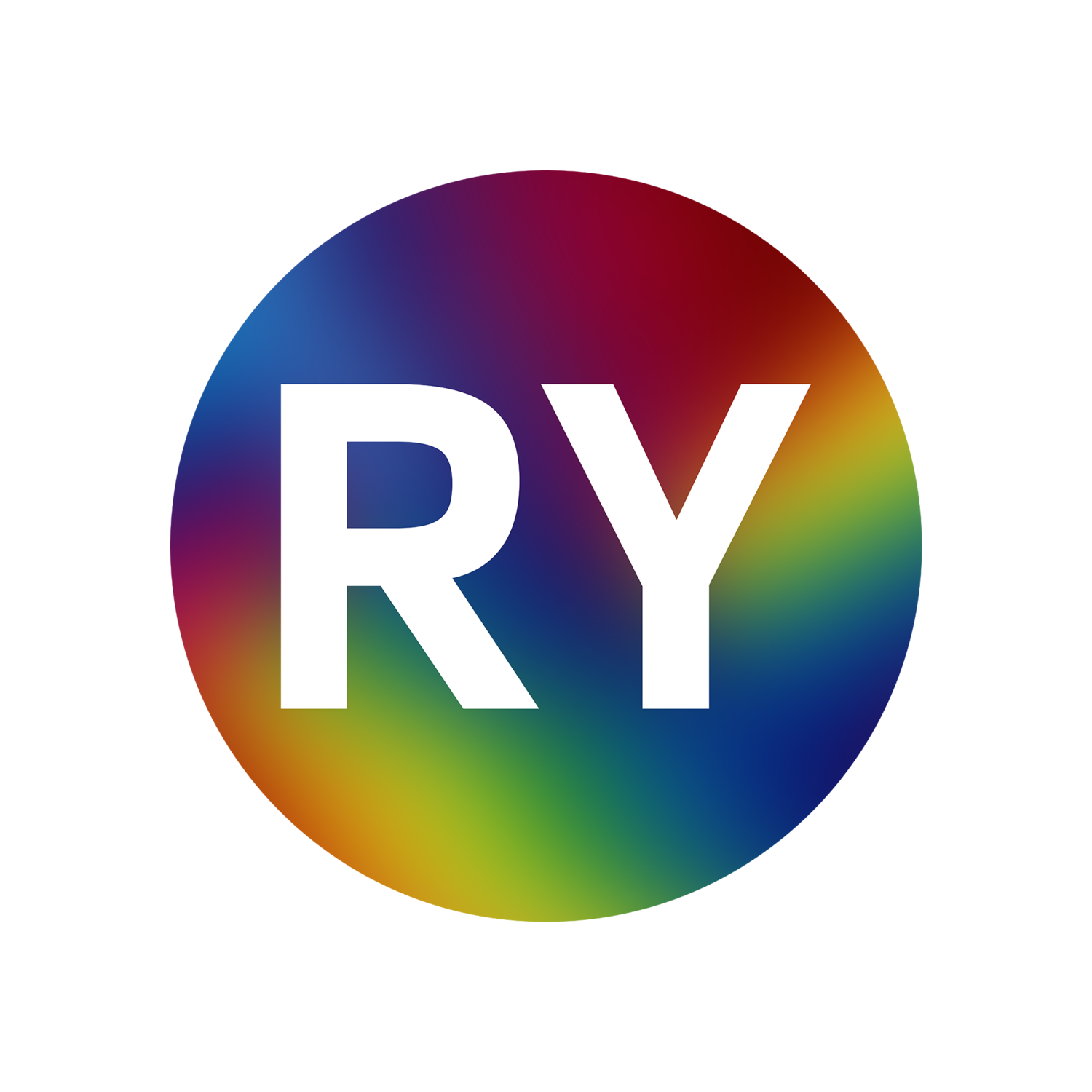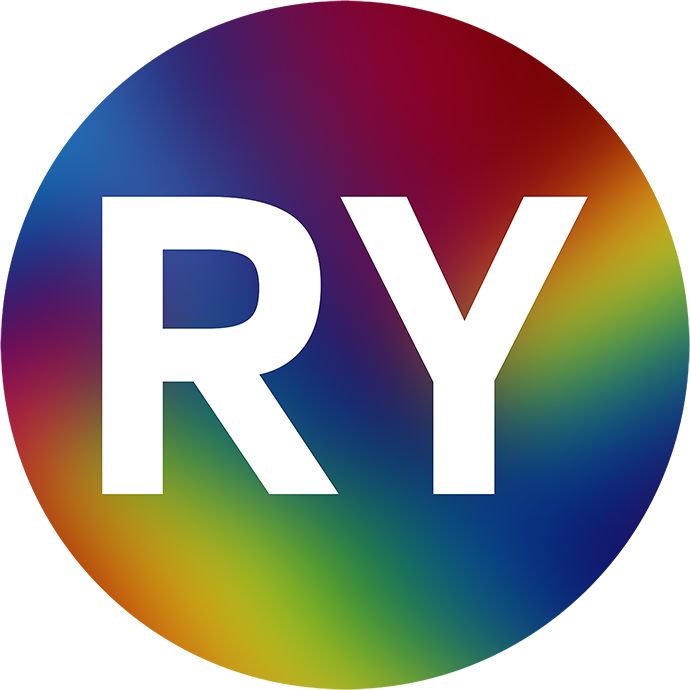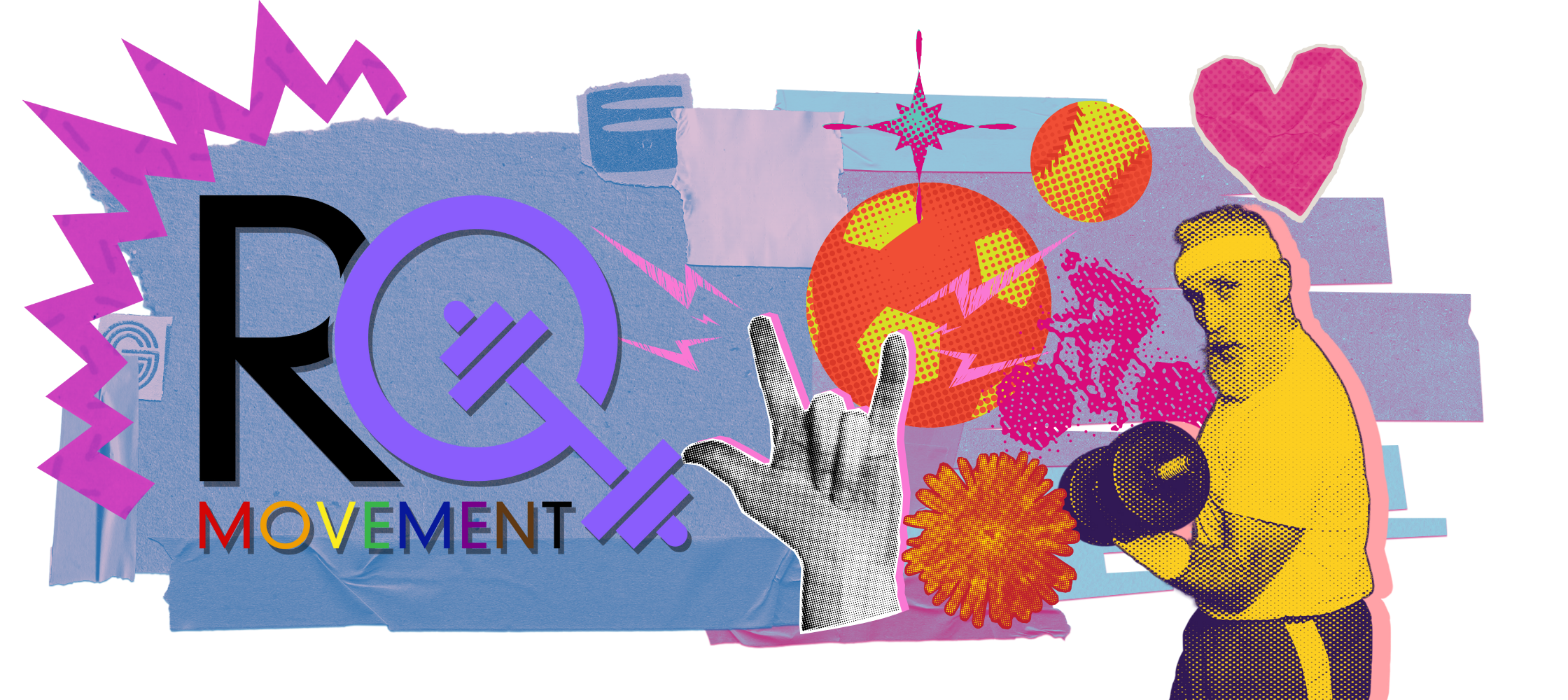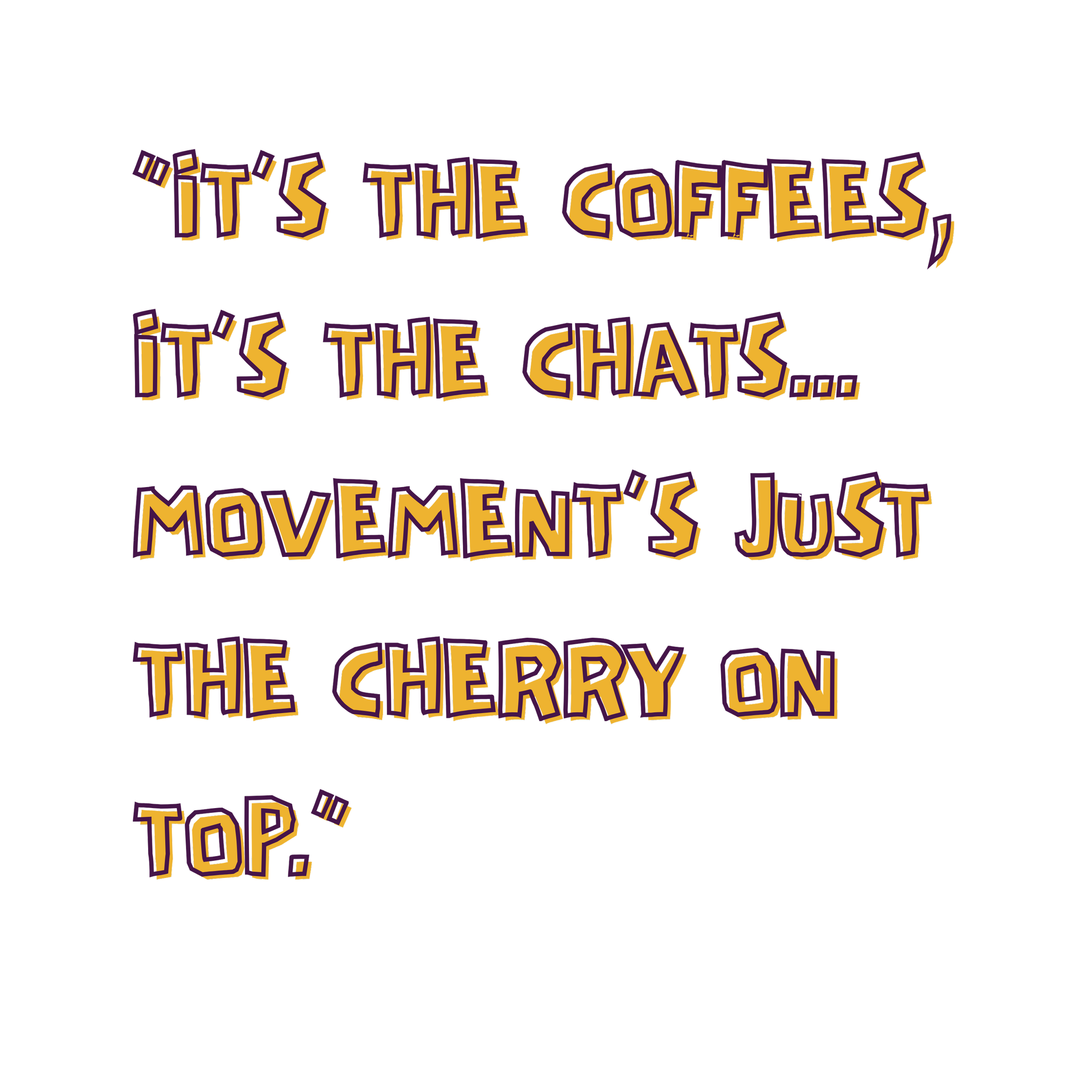Local Queeries #1: Radiqal Movement
“So many of us have a disability, are neurodiverse, or have a complicated relationship with our bodies… how on earth do you expect us to want to go to the gym?”
Let’s state the obvious. Our trans and disabled communities are routinely excluded from mainstream gym spaces, let alone narratives of fitness. While the perfect bodies that society dreams up can vary, those dreams don’t usually revolve around stretch marks, top surgery scars, and neurodivergent minds; those dreams prefer a narrow range of BMI and proportion, the appearance of ability over it’s demonstration, and this mythological idea of a completely sane, neurotypical creature.
Whether conscious or subconsciously, these idealisations affect our relationship to movement and exercise—in the 2018 Counting Ourselves report, only 14% of our trans and nonbinary, and 8% of our disabled trans communities were recorded participating in any sport competitions, events or other organised activities in the last four weeks. This is almost half the rate (26%) of the general population. Citing binder discomfort, fears of discrimination, public scrutiny, and financial barriers, it is clear that traditional fitness spaces are unaffirming and unsuitable for the needs of our community.
Cue jack of all sports, Lauren Hartridge, exercise science geek and previously a competitive futsal athlete who played for Hawkes Bay, Auckland, and the University of Auckland.
Lauren Hartridge (she/they), Director of Radiqal Movement
They built Radiqal Movement, a queer-led organisation dedicated to providing joyful, body-neutral, and community-based movement opportunities. While working as a fitness instructor and learning more about their own identity, Hartridge saw that friends and whanau weren’t thriving in the gym: “I had a close friend call me after a gym trial, crying their eyes out… ‘Lauren, you have to come and help me in the gym, I haven’t been shown anything, I don’t know how to use the machines, everyone’s looking at me…’ and I was like, what the fuck?”
For some of us, this is the reality, a constant cycle of being left in the dark even with something as common as a gym membership. How many of us have memberships that we don’t really use? How many of us only feel comfortable when we’re with friends? Hartridge is adamant that movement shouldn’t be that inaccessible: “So many of us have a disability, are neurodiverse, or have a complicated relationship with our bodies… how on earth do you expect us to want to go to the gym?”
With her own complicated relationship with exercise due to the debilitating impacts of ADHD and having graduated from the competitive, team-based structures of futsal and football, Hartridge grappled with the idea of broadening her idea movement to suit her brain and body. She consequently set about building Radiqal Movement, not with movement or fitness as an end goal, but a vehicle.
In the ethos of Radiqal Movement, fitness and exercise are not about improving or optimising your body. Instead, their classes, personal training, community activities, and events are centered on building positive relationships with movement, empowering people to confidently move on their own terms all while building relations—a community of friends—that will flourish outside gym walls.
For Hartridge and their team, movement is very much a tool to experience gender euphoria and affirmation, and enhance mental as well as physical wellbeing. This can be seen in the organisation’s events such as Climb & Coffee, where getting food and coffee after the activity is a natural and neutral part of the activity. Radiqal also hosts low-impact events where the movement is as simple as exploring waterfalls and te taiao, skating down Tamaki Drive to a cafe, or taking Q Mobility Sensory Ease classes.
They also work with bodies of leadership such as The Joyful Movement to address the systemic barriers and the lack of queer affirming education and knowledge amongst exercise professionals. “There’s a lack of knowledge on how to best prescribe movement to our trans and nonbinary whānau. “I’ve been lucky to work alongside The Joyful Movement to drive change at a systems level, alongside our grassroots offerings. Together, I feel that we’re reimagining a new future of movement that centres positive, holistic approaches to hauora.”
Alongside their holistic views of movement, Radiqal is also incredibly queer in the way it challenges existing narratives around fitness, envisioning a future of movement that not only works but is guided by our community’s untameable spirit. The organisation’s recent events like ‘Mermascs Winter Waterfall Series’ and ‘Stroll, Skate, & Splash’ are great opportunities for queer and gender diverse people to connect and see their people thrive: to see and let ourselves be competitive and visibly thrive in the whenua, in parks, beaches, and the bush.
Seeing queer people in “the wild” is such a valuable experience for our rainbow rangatahi, and Hartridge wants to encourage anyone over 16 and their whanau and allies to join the fun. Our own kaimahi can testify that Radiqal spaces are warm and affirming, all because of the hard work that Hartridge and their team of professionals pour into each event.
“Shout out to Riley for being a champion of our rangatahi and always going above and beyond for bringing our communities together. [We’ve] got a long way to go, [and we’re] only at the beginning of our journey. [We] don’t have all the answers but we’re gonna keep striving for this new future of movement.”
Whether you’re an athlete or a non-athlete, a queer person wanting to meet new people or do something new and healthy with your friends, Radiqal Movement is an absolutely great place to start.
If you want to check out the fantastic mahi that Hartridge and Radiqal Movement are doing,
their socials and website are linked below:
Facebook: Radiqal Movement
Instagram: @radiqalmovement
Website: https://www.radiqalmovement.com






